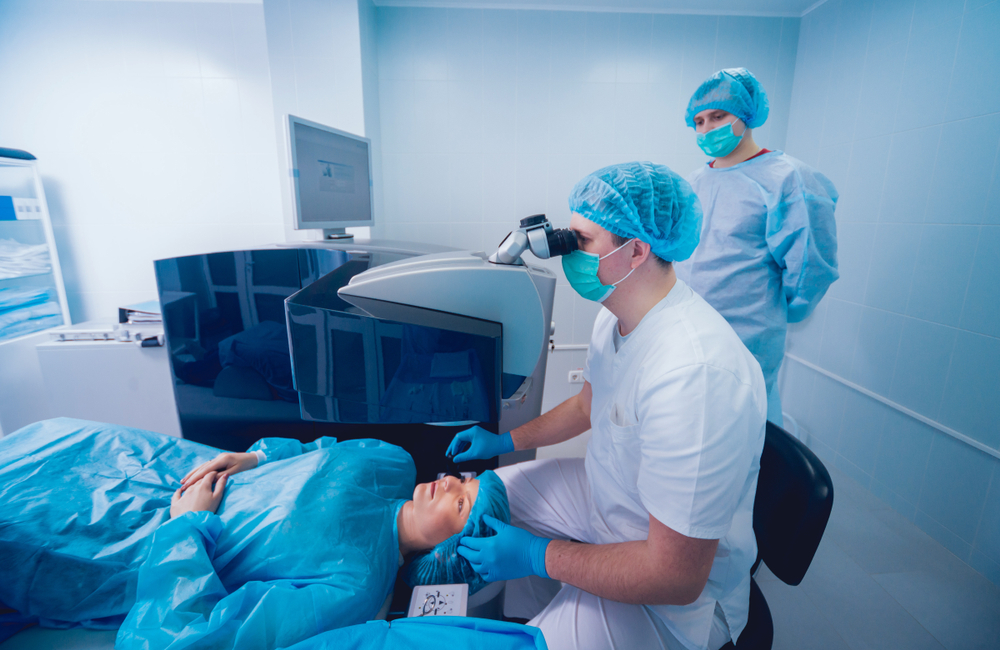Complete Guide to Hip Replacement Surgery in the UK
Hip replacement surgery has become increasingly sophisticated in recent years, offering patients improved outcomes and faster recovery times. Whether you're experiencing chronic hip pain due to arthritis, injury, or other conditions, understanding your options for treatment, choosing the right medical team, and knowing what to expect during recovery can help you make informed decisions about this life-changing procedure.

Identifying Top Hospitals for Hip Replacement Surgery in the UK
When considering hip replacement surgery, choosing the right hospital can significantly impact your treatment outcome and overall experience. The UK boasts several world-renowned orthopedic centers that specialize in hip replacement procedures. Leading NHS hospitals such as The Royal National Orthopaedic Hospital in London, Nuffield Orthopaedic Centre in Oxford, and Robert Jones and Agnes Hunt Orthopaedic Hospital in Oswestry have established excellent reputations for hip surgery outcomes.
Private healthcare options include institutions like The Wellington Hospital, BMI The Princess Grace Hospital, and Spire Healthcare facilities across the country. These hospitals often feature state-of-the-art surgical suites, dedicated orthopedic units, and shorter waiting times. When evaluating hospitals, consider factors such as infection rates, patient satisfaction scores, surgical volume, and specialized orthopedic facilities. Many hospitals publish their clinical outcomes data, allowing patients to compare success rates and complication statistics.
Key Credentials to Consider When Choosing a Hip Replacement Surgeon
Selecting an experienced and qualified hip replacement surgeon is perhaps the most critical decision in your surgical journey. Look for surgeons who are fellows of the Royal College of Surgeons and members of the British Orthopaedic Association. Specialization in hip and joint replacement surgery is essential, as orthopedic surgeons often focus on specific areas such as knee, spine, or hip procedures.
Experience matters significantly in hip replacement surgery. Surgeons who perform high volumes of hip replacements typically achieve better outcomes and lower complication rates. Ask potential surgeons about their annual hip replacement volume, revision surgery rates, and patient satisfaction scores. Many reputable surgeons contribute to national joint registries and participate in ongoing research, demonstrating their commitment to advancing the field. Additionally, consider surgeons who stay current with the latest surgical techniques and technologies through continuous professional development and training programs.
Exploring the Newest Techniques in Hip Replacement Surgery
Modern hip replacement surgery has evolved dramatically over the past decade, offering patients less invasive options and improved outcomes. Minimally invasive hip replacement techniques, including the anterior approach and posterior approach, allow surgeons to access the hip joint through smaller incisions, preserving more muscle and soft tissue. This results in reduced pain, faster recovery times, and improved mobility post-surgery.
Robotic-assisted hip replacement surgery represents another significant advancement, providing surgeons with enhanced precision and accuracy during implant placement. Computer navigation systems help surgeons achieve optimal implant positioning, potentially extending the lifespan of the prosthetic hip. Additionally, advances in implant materials, including ceramic-on-ceramic and highly cross-linked polyethylene bearings, offer improved durability and reduced wear rates. Some centers now offer rapid recovery protocols, combining modern surgical techniques with optimized pain management and accelerated rehabilitation programs.
Understanding the Recovery Timeline Following Hip Surgery
Recovery from hip replacement surgery varies among individuals, but understanding typical timelines helps set realistic expectations. Most patients begin walking with assistance within 24 hours of surgery, progressing to walking aids such as crutches or walking frames during the first few weeks. Initial recovery typically spans 6-12 weeks, during which patients gradually increase activity levels under physiotherapy guidance.
The first two weeks focus on wound healing, pain management, and basic mobility exercises. Weeks 3-6 involve progressive strengthening exercises and increased walking distances. By 6-12 weeks, many patients can resume light activities and driving, depending on their surgeon’s approval and recovery progress. Full recovery, including return to more demanding activities and sports, typically occurs between 3-6 months post-surgery. Factors affecting recovery include age, overall health, pre-operative fitness levels, and adherence to rehabilitation protocols. Regular follow-up appointments and physiotherapy sessions are crucial for monitoring progress and addressing any concerns during the recovery process.
| Hospital/Provider | Type | Estimated Cost Range | Key Features |
|---|---|---|---|
| NHS Hospitals | Public | Free at point of care | Comprehensive care, longer waiting times |
| Spire Healthcare | Private | £12,000 - £18,000 | Shorter waiting times, private rooms |
| BMI Healthcare | Private | £11,000 - £17,000 | Modern facilities, consultant choice |
| Nuffield Health | Private | £13,000 - £19,000 | Rehabilitation programs, aftercare |
Prices, rates, or cost estimates mentioned in this article are based on the latest available information but may change over time. Independent research is advised before making financial decisions.
Hip replacement surgery in the UK offers excellent outcomes for patients suffering from hip joint problems, with both NHS and private healthcare options providing high-quality care. Success depends largely on choosing experienced surgeons and reputable hospitals, understanding modern surgical techniques, and committing to proper rehabilitation. With careful planning and realistic expectations, hip replacement surgery can significantly improve quality of life and restore mobility for years to come.
This article is for informational purposes only and should not be considered medical advice. Please consult a qualified healthcare professional for personalized guidance and treatment.




